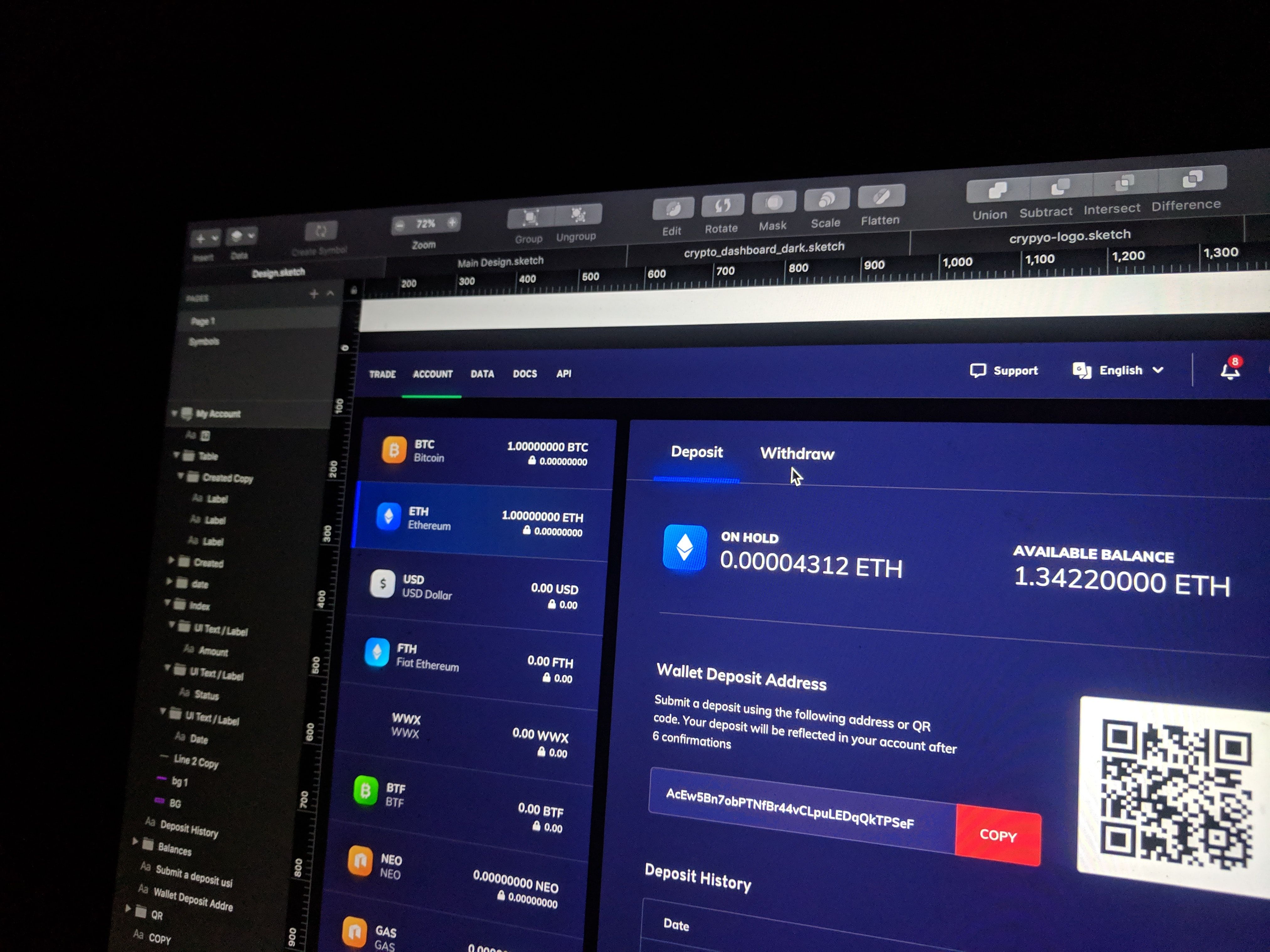Bitcoin and other cryptocurrencies have become a central tool in the arsenal of cybercriminals, with fraudsters increasingly using these coins to launder money. Criminals use various methods to take advantage of the anonymity cryptocurrencies provide to cover up the origin of illicit funds.
How do cybercriminals use cryptocurrencies to launder money? Keep reading to learn the answer to that question and more.
Why Is Bitcoin an Attractive Option for Money Launderers?
Bitcoin is an attractive option for money launders primarily because laundering money using cryptocurrencies is easier than other methods. In movies, criminals often transport illicit money across borders using duffel bags or suitcases to evade authorities; however, that's not realistic in real life.
Instead, it's much easier for criminals to launder Bitcoin via online exchanges and convert it to cash. After all, online transactions are border-free and eliminate the need to engage in the risky business of moving physical money from one place to place.
Plus, cryptocurrencies provide a degree of anonymity because the public addresses used in these transactions aren't registered in an individual user's name.
Although all transactions completed using Bitcoin are recorded publicly on the blockchain, only the person who conducted the transaction can access the account and wallet, making it challenging to link Bitcoin transactions to a single person or entity. However, it's not impossible.
How Do Criminals Launder Money With Bitcoin?
Criminals use several methods to evade detection when using BTC to launder money with the goal of making it almost impossible to determine the origin and destination of illegal transactions.
Once they've laundered the money, they can cash out without worrying about being caught. Here are some of the most common ways criminals use Bitcoin to launder money.
Bitcoin Mixers
Bitcoin mixers, also known as tumblers, work by blending illicit and clean digital assets from several addresses together—before redistributing them to new destination wallets or addresses.
The process of mixing different digital assets increases anonymity, so criminals often use it to cover their tracks before transferring funds to legitimate businesses or major crypto exchanges.
Dark Exchanges
Although many major crypto exchanges have implemented anti-money laundering and know your customer rules, many unregulated cryptocurrency exchanges don't perform thorough identity checks.
When one type of cryptocurrency is repeatedly exchanged for another on a dark exchange, it can slowly clean the coin. This process allows criminals to safely transfer it to an external cryptocurrency wallet without using a mixing service.
Another option is converting cryptocurrency into cash. However, this is less common because most unregulated exchanges don't have fiat markets, and when they do, they don't last long.
Gambling and Gaming Websites
Gambling and gaming platforms often accept payment in Bitcoin or other cryptocurrencies, making them a favorite destination among cryptocurrency money launderers.
Money launderers use crypto to buy credit, virtual chips, or in-game currency on these platforms and cash out after a few transactions on the website. Once the website pays out the money in an account, it gains legal status.
Nested Services
This wide-ranging category of services operates within one or more exchanges. They use the addresses the exchange hosts to access the ability of exchanges to quickly convert coins to cash and take advantage of opportunities to trade. Some exchanges have lax compliance standards for nested services, which bad actors exploit to launder money.
When nested services complete a transaction, it appears on the blockchain ledger under the exchange's address instead of the nested services or individual's address. Over-the-counter (OTC) brokers are the most prevalent type of nested service.
When criminals use OTCs, they can anonymously trade large sums of cryptocurrency with the OTCs facilitating direct trades between two parties outside the exchange.
These trades are secure and quick, and the OTC brokers are paid a commission for finding counterparties for a transaction, but they don't participate in the negotiations. Once the parties agree on the terms of the transfer, the assets are transferred through the OTC broker.
Anonymizing Service
Since transactions in Bitcoin and other cryptocurrencies are recorded on the blockchain, they can generally be traced to the original source. That's why cybercriminals use anonymizing services to hide the source of their funds, disrupting the links between Bitcoin transactions.
People often cite the need to maintain personal privacy as a reason for using an anonymizing service, and bad actors take advantage of the anonymity these services provide. Participating in an initial coin offering using one coin to buy a different type of coin (buying Ethereum with Bitcoin) is one way to hide the origin of a digital currency using a major crypto exchange.
Integration
When Bitcoin or another cryptocurrency has been successfully laundered, it has reached the integration stage where it is difficult to connect it to criminal activity. While the money is no longer directly related to a crime, money launderers still need a way to explain how they obtained it.
To legitimize dirty cryptocurrency, criminals create an online company that accepts bitcoins as payment to justify the income. They can transform dirty Bitcoin into clean, legal money by doing this.
Another way they legitimize illicit income is by claiming it came from a profitable business venture or the appreciation of an asset. Since altcoins are highly volatile, appreciating and depreciating within minutes, it's challenging to disprove this claim.
How Much Cryptocurrency Do Criminals Launder?
According to blockchain data platform Chainanalysis, criminals have laundered an estimated $33 billion worth of cryptocurrency since 2017. In 2021, cybercriminals laundered $8.6 billion in cryptocurrencies, an increase of 30% from 2020.
The significant increase in criminal activity related to cryptocurrencies isn't surprising given the expansion of legitimate and illegitimate crypto activity over the past year. Decentralized finance applications accounted for about 17% of the money laundering in 2021, with mixers, high-risk exchanges, and mining pools also witnessing considerable increases.
Can Bitcoin Money Launderers Be Stopped?
Laundering money using Bitcoin isn't a perfect science, and there's a lot of room for error, which has resulted in several high-profile criminal prosecutions. While cryptocurrencies have a reputation for being anonymous, all transactions are recorded on a permanent, public ledger.
Criminals launder money to prevent authorities from tracing the source of illicit funds. However, if they make one mistake along the way, their entire scheme can be undone.
Still, as technology continues to evolve, criminals will come up with clever ways to cover up the illegal movement of funds as they try to stay a step ahead of law enforcement.






